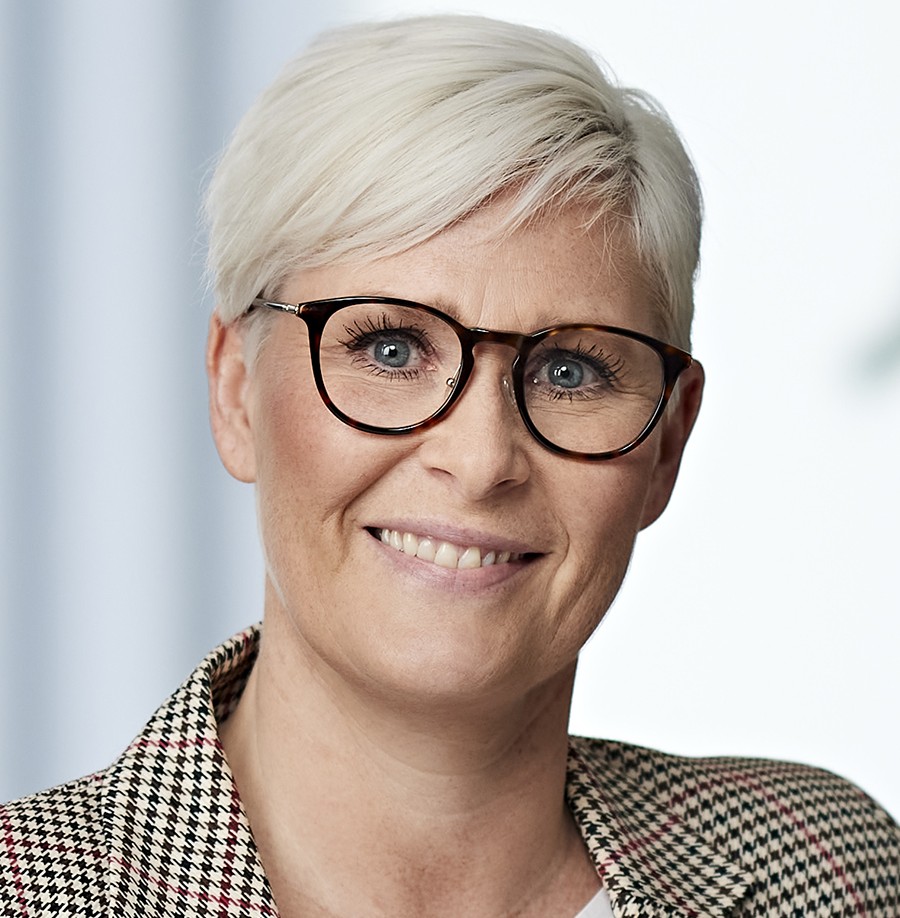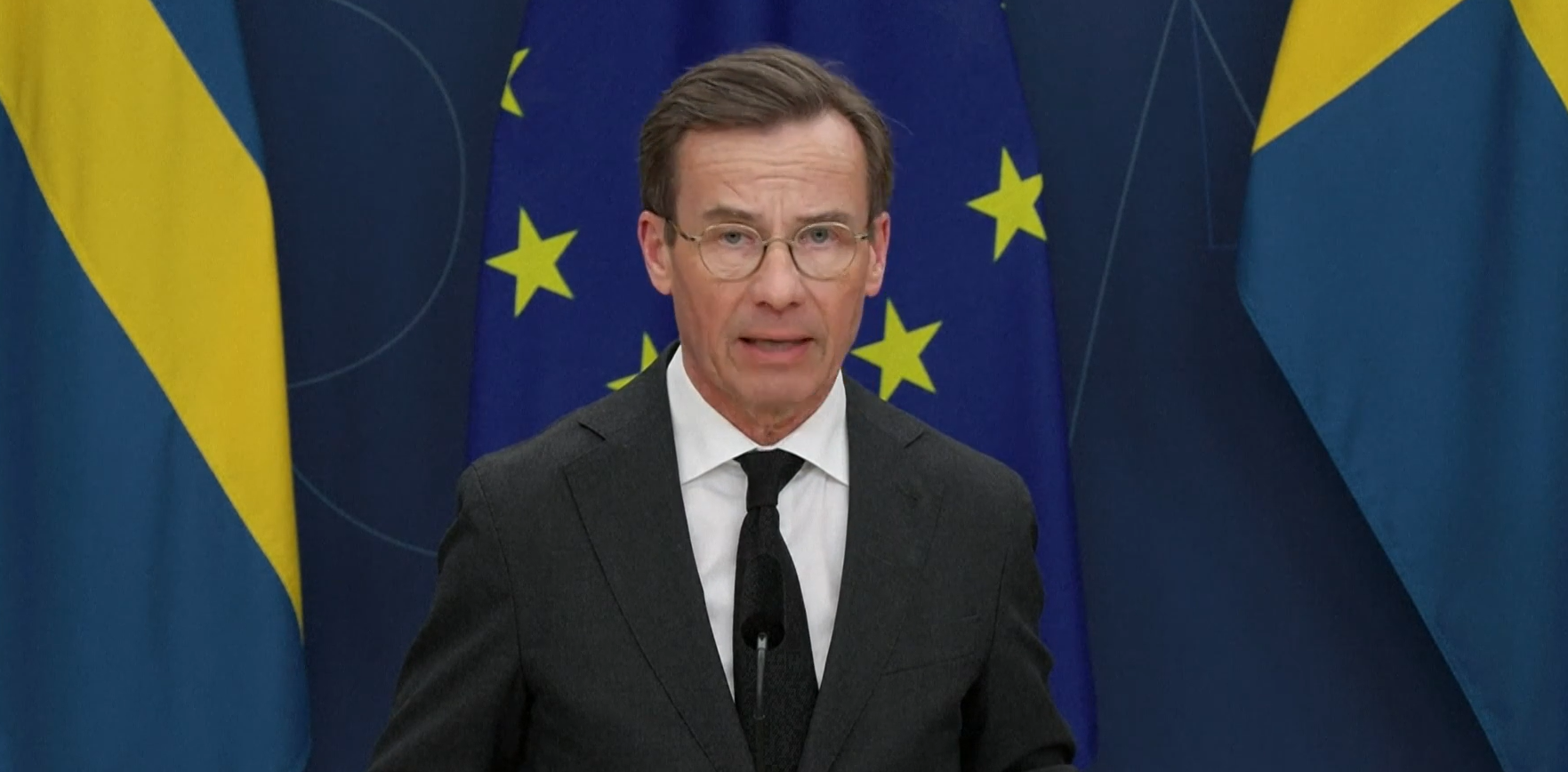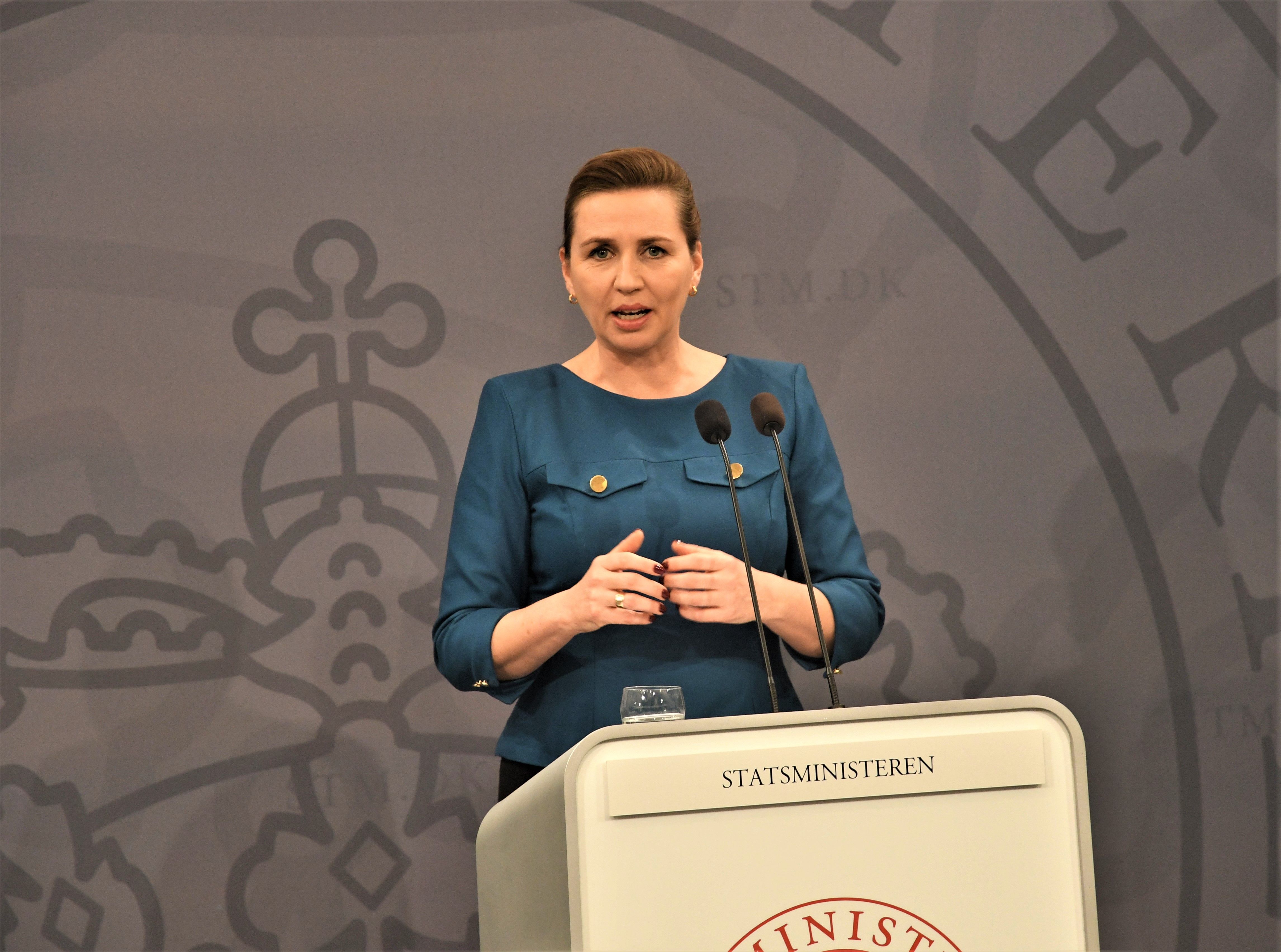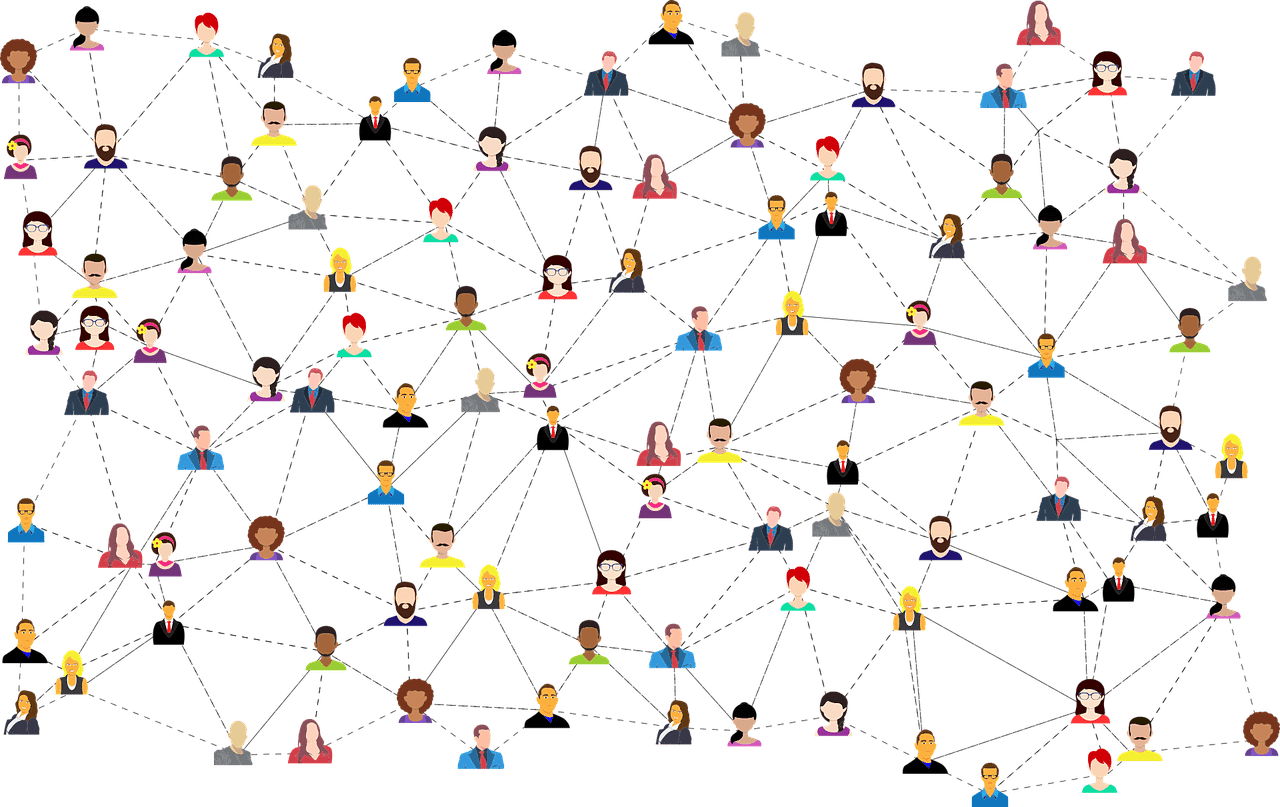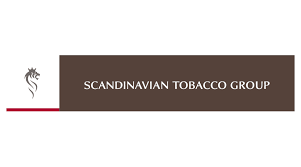Politicians in local government from are far more likely to co-operate across the aisle during times of economic difficulty according to the local government research institute KORA.
Its study shows that while voters may prefer a left or right-wing party, their preferences may not have the greatest impact following the financial crisis that has forced councils to make cutbacks and savings.
As a result, a council’s political make-up has less impact on decisions than voters may hope.
READ MORE: A foreigner's guide to voting in the local elections
Politically arbitrary
“It doesn’t matter who plays the role of mayor,” KORA’s head of programme, Kurt Houlberg, told Berlingske newspaper. “Our latest analysis shows that when there are tight finances and councils have to make large savings and efficiencies, council politicians tend to seek more consensus than before.”
He added that the policies that are implemented after an election are dictated by agreements forged by the council rather that than the political interests of the mayor.
And cross-party co-operation has only increased since the last election in 2009, as councils have managed to save around 12 billion kroner in total.
Consensus through austerity
KORA’s findings are supported by Poul Erik Mouritzen, a professor at the University of Southern Denmark, who argues that the threat of government sanctions for exceeding budget limits has incentivised careful economic planning.
“Over the past four years we have witnessed savings by councils that have never before been witnessed,” Mouritzen told Berlingske. “Councils have been incredibly cautious with their finances. They don’t know exactly what will happen during the year so they want space in their budgets."



